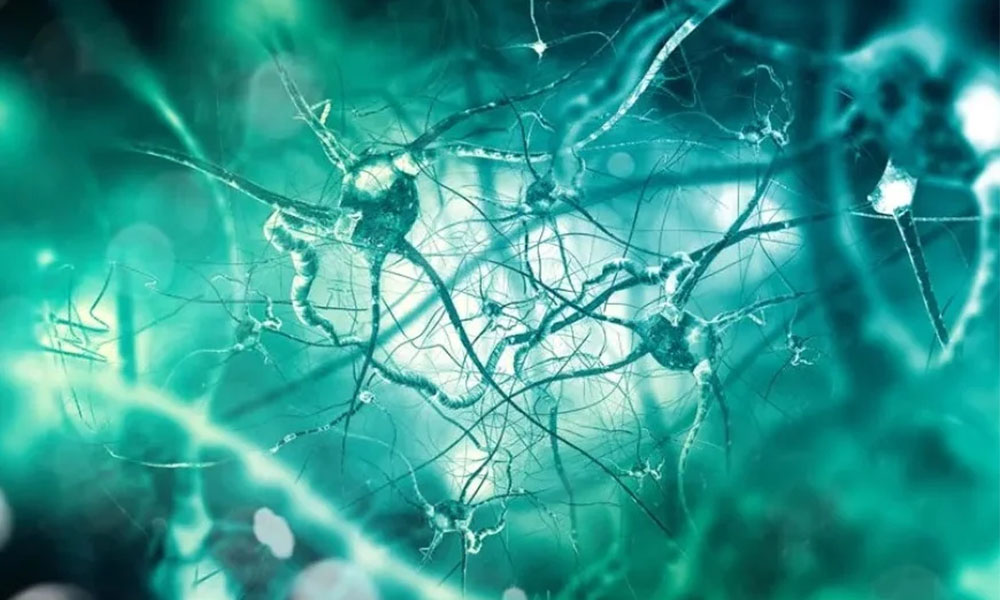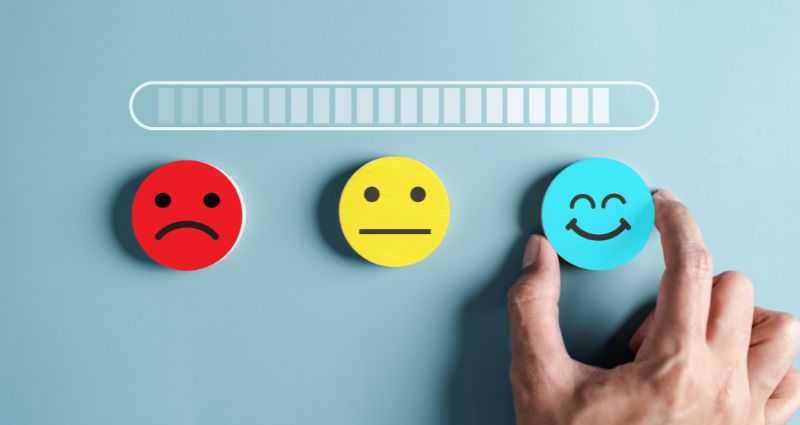CBD Oil And Dopamine

Cannabidiol Oil (CBD) and Dopamine
What is Cannabidiol (CBD)? Before focusing on the oil, we will first detail the well-known CBD o Cannabidiol. What is it and why do its properties stand out so much? If you still don't know what Cannabidiol, also known as (CBD), is, you need to know that it is one of the more than one hundred organic compounds (cannabinoids) present in the hemp plant. Compared to the rest of the cannabinoids, cannabidiol has gained much importance in the therapeutic field because it lacks psychoactive properties compared to Tetrahydrocannabinol (THC). Cannabidiol (CBD) is known as the new natural medicine due to its many beneficial properties, and although there is still much to study about the properties of cannabidiol, there are a significant number of scientific studies that demonstrate its therapeutic benefits.
What is Dopamine?
Also known as the (Wellness Hormone). Dopamine is a hormone and neurotransmitter that is an important part of your brain's reward system. Dopamine is associated with pleasurable sensations, as well as learning, memory, motor system function, and other functions.

Raising dopamine levels in our body could be by practicing some activity related to pleasure and happiness. It could be sex, food, shopping, or even watching a favorite show. For this reason, dopamine is also called the “reward chemical” because it is part of our body's pleasure-reward system.
What is dopamine deficiency?
Dopamine deficiency may not be a medical diagnosis by itself, but it may be a genetic disorder that can be passed on through your genetics.
Does it often happen to you that you wake up in the morning, depressed and have no interest in life? Possibly you suffer from dopamine deficiency.
In many cases, low dopamine levels can affect our mental health. Unfortunately, measuring dopamine levels in our brain is impossible. However, we can develop this condition through any of the following mechanisms: if dopamine breaks down too quickly; or if our body produces inadequate levels of dopamine or the dopamine circulates incorrectly.
Causes of dopamine deficiency.
Dopamine deficiency is linked to various mental conditions. Scientists have recently discovered that health imbalance, neurological conditions, and intentional substance abuse are causes of dopamine deficiency. The most common causes of dopamine deficiency are:
1. Depression
Low dopamine levels could cause depression, but the opposite is
also true. Depression can cause a drop in dopamine levels in our brain. How is this possible? Scientific studies have found that the neurotransmitters produced and spread throughout the body are interconnected. If one or many of them fall below their critical threshold, the entire network is affected. Although the dopamine reward system induces physical pleasure, depletion or disruption of norepinephrine and serotonin can cause the wrong signals to be sent to the dopamine-producing reward system.
2. Drugs and prohibited substances.
Thanks to dopamine, humans can form memories of pleasant experiences. With the help of these formed memories, we can repeat pleasant experiences in the future.

Dopamine release can also be stimulated by alcohol and drugs, and a memory of the sensation is then formed. The cause of addiction is often this remembered pleasure, rather than the actual dependence on the substance. The more often we abuse drugs and other substances, the more unstable our dopamine reward system becomes. Consequently, the dopamine reward system can be affected and even stop working.
Other causes of dopamine deficiency are schizophrenia, stress, obesity, and even an unhealthy diet.
3. Parkinson's disease.
Parkinson's disease falls into the category of conditions called motor system disorders. It is related to the central nervous system and affects its movement. Since the condition affects balance and coordination, it causes stiffness, tremors, and difficulty walking. Unfortunately, as the degenerative disorder progresses, it affects the neurons that process and produce dopamine; eventually, it kills them. Parkinson's disease therefore causes dopamine deficiency by destroying our brain's ability to produce and transmit dopamine.
Dopamine deficiency symptoms.
- Depression
- Memory problems
- Muscle spasms
- Muscular stiffness
- Delay
- Weight gain
- Restless leg syndrome
- Cramps
- Low libido
How does CBD affect Dopamine?
Research has shown that CBD can help replenish dopamine levels in our brain. It indirectly replenishes dopamine levels by interacting with our body's endocannabinoid system to suppress neurons that inhibit dopamine production. By suppressing these so-called GABA inhibitors, our body can produce more dopamine. CBD can help replenish dopamine levels in our brain in a variety of circumstances:
1. Stress
Scientific studies have shown more than once that people with high exposure to psychological stress have less capacity to produce the dopamine necessary to face stressful situations. The effect of CBD oil can be useful in stressful situations, replenishing dopamine levels in our body by suppressing the GABA hormone. Therefore, CBD Oil stimulates the production of dopamine, which in turn fights stress.
2. Sleep
Dopamine is related to alertness and wakefulness. The more dopamine present in your brain, the more alert you will be.
Recent studies have shown that lack of sleep causes a decrease in the availability of certain types of dopamine receptors. This decrease in receptors means that dopamine cannot attach to anything. Consequently, we find it more difficult to stay awake.

3. Weight loss
More than once studies have shown that CBD Oil can be effective for weight loss through a process called Paradeation. This process turns white fat into beige fat. What is the difference between white fat and beige fat? White fat is what is stored, while beige fat burns excess storage. CBD plays a role in weight loss by:
- Promote fat burning by normalizing insulin levels
- Reduce calorie intake by reducing appetite.
- Supporting metabolic health
But if we are talking about dopamine, what does it have to do with weight loss?
We will answer this question below.
Obesity can cause a decrease in dopamine levels in our brain. And since Cannabidiol (CBD) has been linked to weight loss, this is another pathway through which it helps increase dopamine levels.
Latest conclusions on the relationship between CBD and Dopamine.
Although research indicates that CBD cannot directly interact with dopamine neurons, numerous reports suggest that it can remedy various symptoms of dopamine deficiency, thereby increasing dopamine levels in our brains. Information about the effects of CBD on dopamine and the human body is still in its early stages of research. There is no doubt that the existing studies are interesting and promising, but it would be unwise to draw too many conclusions.
Do you want to explore the effects of CBD on your body? Try our range of CBD Broad Spectrum Weedness CBD products.




